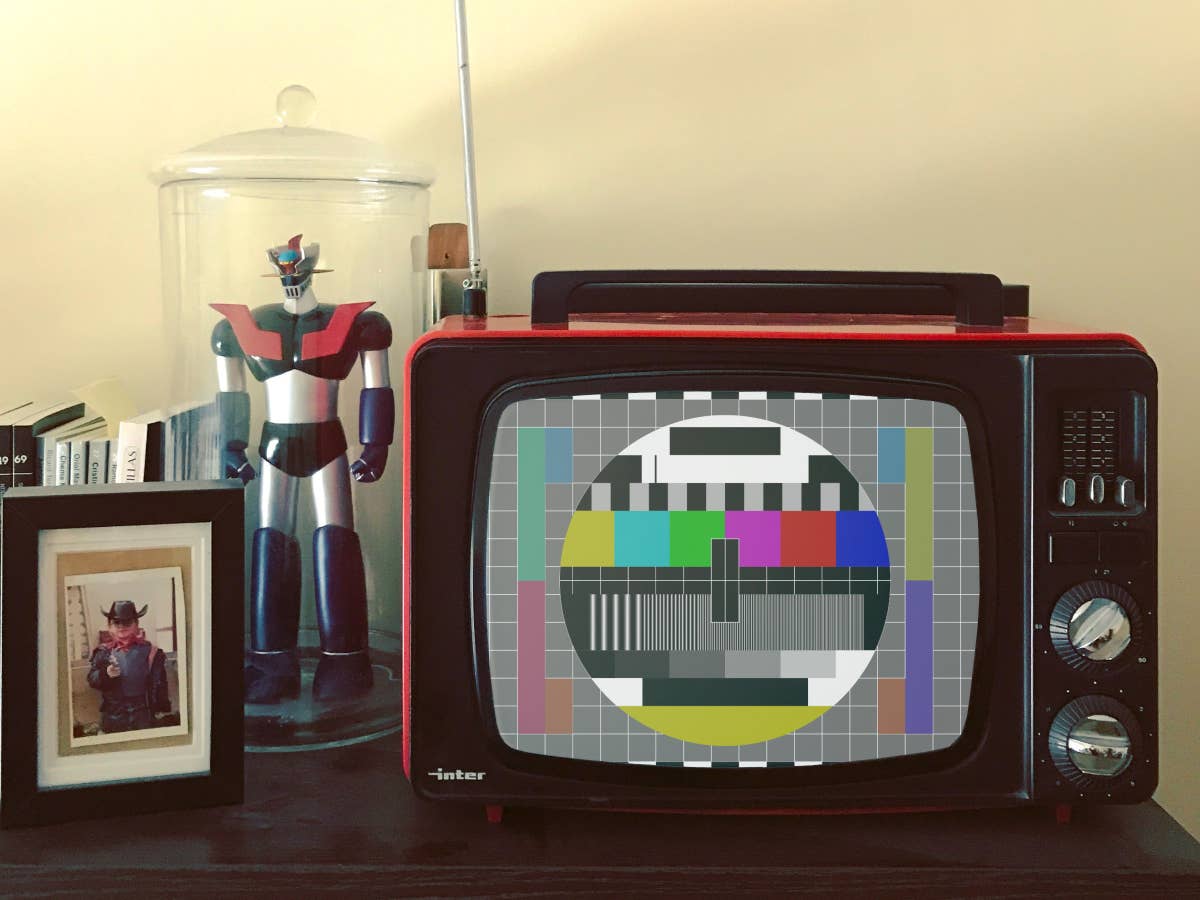In June, the country leaders agreed on a reform of the public service broadcasters. Now they have signed the new media state treaty. This is to come into force on July 1, 2023. And then many TV stations could disappear.

For some time now, many politicians and viewers have been calling for a reform of public broadcasting. Especially after the rbb scandal, the voices after a reform of ARD, ZDF and Co. became louder and louder. The prime ministers of the federal states have now agreed on the new media state treaty. First and foremost, one wants to redefine the mandate of the public service broadcasters. In addition, the online order is being further developed. While there are apparently no changes with regard to the broadcasting fee (formerly GEZ), many TV stations could soon disappear.
ARD AND ZDF ARE ALLOWED TO CUT LINEAR TV CHANNELS
The new media state treaty stipulates that fewer linear television channels are required. The following public TV channels must continue to be broadcast on linear television :
The First (ARD)
ZDF
the third programs of the ARD – i.e. WDR, MDR or NDR as well as the culture channels
3sat and Arte
In the case of the remaining TV offerings, the broadcasters can decide, in consultation with the committees, whether to continue them as independent channels or to let them disappear and relocate them to the Internet. These include the seven TV channels Kinderkanal (Kika), ZDFneo, Phoenix, ONE, tagesschau24, ARD- alpha and ZDFinfo. However, ARD and ZDF are not allowed to push the broadcasters onto the Internet without further ado. The oversight bodies must approve the shutdown.
GEZ STAYS, SUPERVISORY BODY GETS MORE TASKS
While many continue to call for a reform of the broadcasting fee – colloquially still referred to as GEZ – the new media state treaty does not address this. It remains at 18.36 euros per month and household. Financing issues are only to be addressed in a second reform step.
The supervisory bodies should be given additional tasks to ensure that a scandal like the one recently experienced by rbb no longer occurs. Among other things, the supervisory bodies are to monitor “economical and economical budgetary and economic management” and define “content and formal quality standards” and “standardized processes for their verification”. According to the daily news, the state parliaments still have to approve the contract before it is due to come into force on July 1, 2023.


